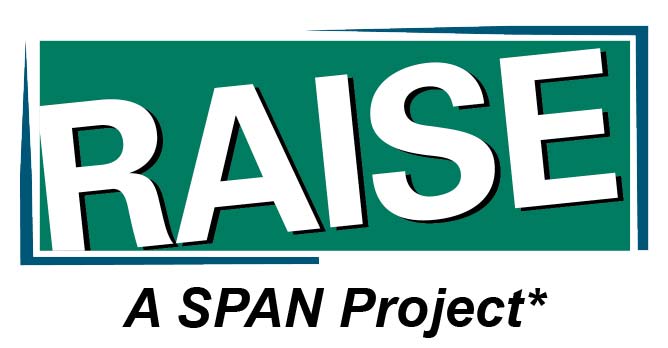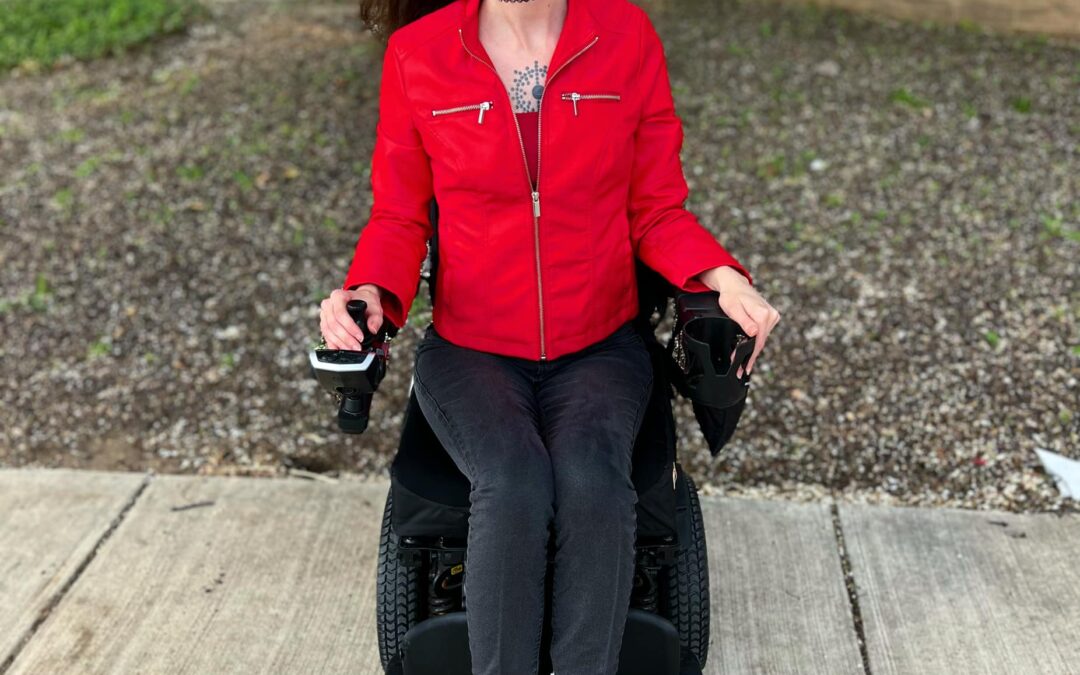The Mental Health Challenges of Physical Disability, by Anomie Fatale
May is mental health awareness month. Mental health conditions are invisible disabilities. Also, chronic illnesses and visible disabilities result in poor mental health. People have called me “mental” so many times for my behaviors after becoming physically disabled. I have had a therapist for years, but I have never been diagnosed with any mental health condition. I have a crazy life that requires therapy for chronic and traumatic stress. My self-destructive actions were venting and processing without the proper help.
The best my mental health has ever been was when I was in college. I was not disabled; I was healthy and active and could go jogging when I felt stressed out or depressed. I could keep a balanced diet because I had no GI issues yet. I had total freedom with a driver’s license and my own car. I excelled in my studies. I achieved a 3.9 GPA in biochemistry, made friends, had a serious boyfriend and eventually a house we rented. I wasn’t sure what career path I wanted to take, but I was leaning towards either medical research or pharmacology. I was planning a path for a phD, and I really wanted kids someday. When the headaches started I thought they were migraines from studying too hard. The brain and spine surgeries for Chiari saved my life but left me permanently disabled with quadriparesis. I was diagnosed with Ehlers Danlos Syndrome as the root cause. I learned EDS was an incurable progressive condition caused by genetics that I then chose not to pass along. My ex left, I lost my housing. Along with losing independence for my acts of daily living, doctors also took away my driver’s license because of dysautonomia and vertigo that the surgery had not cured. Consequently, that all impacted my mental health.
I went through a long period of dissociation and suicidal thoughts. I truly never came back from that. Instead I moved on changing my name to “Anomie”, a term for someone cut away from society through a catastrophic event. I kept trying for some kind of “normal”, but everything was so off the rails without any way for me to bring it back. My mental health was not something I could even let myself care for. It was just one struggle after the next looking for an accessible place to survive on SSI. I had to block out all of the thoughts that didn’t fit into surviving. That got me through the nightmares of abusive and unprofessional caregivers and public project-based housing in North Philadelphia with no fire safety or door buttons. I had to live in the city for access to transportation, but the majority of accessible places were not affordable to someone on SSI. I even tried going back to school and working a job. Everything kept falling through because the system to support disabled lives, visible and invisible, is very broken.
For many years I felt like a failure and a burden because of my physical disability. I told myself I was defective, broken, and hopeless. Those feelings made me susceptible to toxic relationships and unprofessional care support. I put up with so much b.s. in my disabled life because I was struggling too much to allow things to matter to me mentally and emotionally. Because the deepest things that mattered to me (career, kids, freedom) were not able to matter anymore, nothing else did. I never wanted to be dependent on anyone else, so I had difficulty setting standards for my aides, friends, and partners. I was just grateful to not be alone. I wanted to be grateful for the housing I had, but I felt trapped. I compared myself to others with physical disabilities that had family support or had stable health enough for careers, private transportation, and quality housing. On the inside, I felt like a failure among my own kind. On the outside, I was confident and extroverted. I was partying, living recklessly, and not prioritizing my needs or safety. Having fun without caring. That is how mental illness looks for many people. I remember telling my vocational mentor when she asked what I wanted to do with my life “It doesn’t matter, I don’t have a future anyways.” It wasn’t about the future for me though, it was the poor conditions of the present I had no control over that made me not care.
What I had no control over was employment, housing, homecare, and my medical condition. I still struggle with those even though I’ve worked my way to a much better (although not entirely accessible) housing situation. I still keep trying for a job, but EDS causes medical setback after setback where keeping my insurance and homecare on disability matters more than applying myself in a career. When I feel depressed because of that, I have to remind myself that’s the medical system failing me. If they had better understanding and treatment for EDS issues, we’d be able to do so much more with our lives and independently. Homecare is still a mess. Until they pay workers a livable wage there’s not many options and no professionalism.
For mental health, it is crucial to remind myself that there are things I do have control over though. Part of my mental health journey has been to solely focus on those. Allowing myself to set goals despite the catastrophe potential and the inevitable medical setbacks is key to keeping my self-worth. I also had the control to eliminate toxic people from my life, and heal to allow myself healthy friendships and real support. My therapist used to ask me “Why don’t you seek a healthy relationship that actually meets your standards and needs for partnership?” I would say “because I don’t want to ruin anyone’s life with all of my medical problems.” I didn’t realize for a long time how much of my actual problem that was. My inter-abled relationship with my partner has really changed my life for the best. Support is everything for strength and survival with a physical disability.
I am very thankful to have the support of my therapist as well. Therapy has helped me a lot with staying positive, life planning, processing trauma and grief, working through situational depression, controlling anxiety, and truly understanding myself. Mental health doesn’t only come from diagnoses and medications, it comes from having healthy relationships, housing stability, physical health needs being met, and life options for bigger goals than just existing. The right therapists know how to encourage those goals, but so much of actual help with them for people with disabilities is on those in power to change. Our mental health depends on opportunities for employment, accessible/affordable housing, and home care reform. It also depends highly on our medical care. I hope someday that there is a bigger picture approach to treat the high suicide rates for disabilities especially my own syndrome.
Ironically May is also Ehlers Danlos Syndrome awareness month, Mothers’ Day, and my birthday.
Did you like this article? Are there other topics you’d like to see us publish on? Do you want to apply to be a guest blogger? Please take our quick, 3-question survey and let us know what you think!
Take Survey: http://survey.constantcontact.com/survey/a07eg1rmj5jjrasph9l/start



